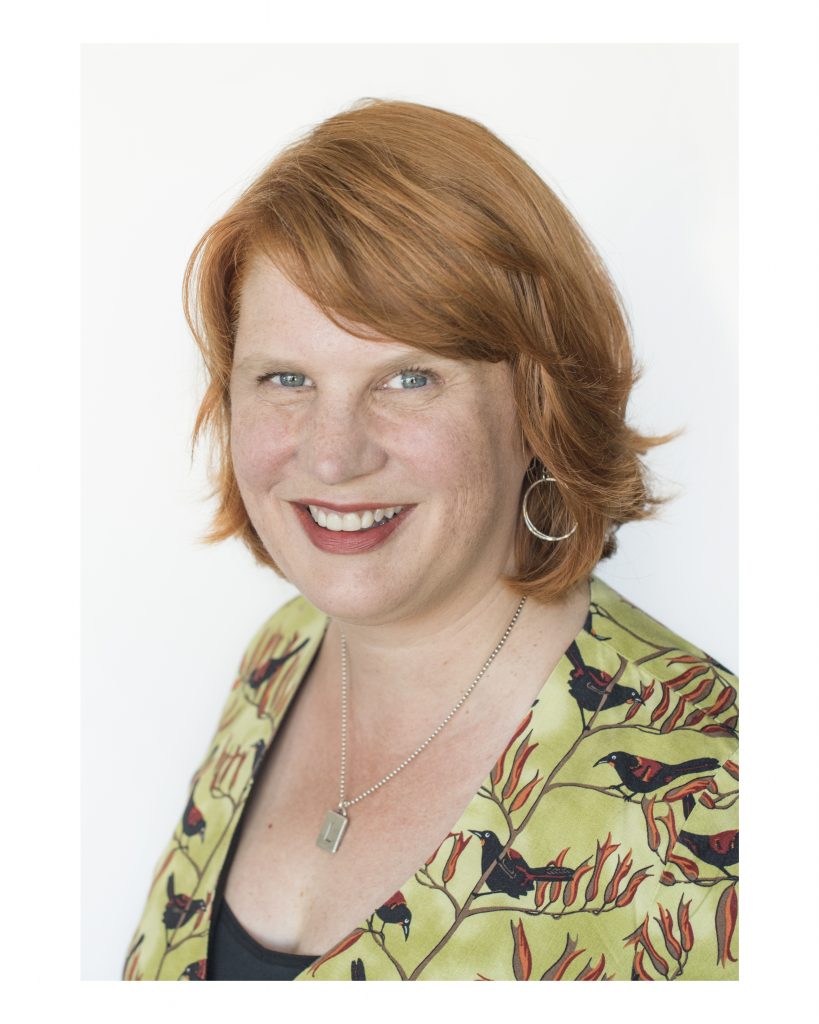A note from the editor of Dictionaries
Lynne Murphy

In 2021, I mark the 30th anniversary of my first academic publication. It feels slightly unreal that in the same year I take on the editorship of the journal that published it, Dictionaries. 30 years? I guess I’m one of the grown-ups now. I’m honored to have been nominated and chosen to serve the society that has served me so kindly.
I’m very lucky to be following Ed Finegan in the position. Ed’s hard work and insight brought the journal into a new era of semiannual issues, new features, and electronic access on Project Muse. While Ed has set the bar high for his successor, he’s also put a lot of the hard work behind us. I’m grateful for his generous mentorship so far and for his continued advocacy for the journal in his role as DSNA President. It’s a real treat to start working with associate editor Sarah Ogilvie and reviews editor Traci Nagle, whose interests and experience enrich our team immeasurably.
In my first year as editor, I hope to settle in and follow in Ed’s footsteps, producing two issues of Dictionaries that will interest DSNA members and draw in further readers. But as I acclimate to the job, I will consider ways in which the journal, its reach, and its editorial processes might adapt to the current conditions and future directions of lexicography and allied fields.
Right now, I ask for your help in making Dictionaries all that it can be. The most valuable way to help is to submit your research articles for the journal’s consideration. But there are plenty of other ways to contribute to the journal:
- Actively encourage colleagues and research students to submit research to Dictionaries.
- Call my attention to new lexicographical or metalexicographical projects.
- Encourage your local academic library to subscribe to the journal (in print or on Project Muse).
- Read Dictionaries! It’s also great if you can cite it and/or use the Project Muse platform to access it.
- Respond to our invitations to review (submissions, books) for the journal.
Finally, please know that my inbox is always open (lynnem@sussex.ac.uk). I’d love your feedback on the journal and your ideas and welcome self-introductions. Since I’ve lived outside North America for 25 of my 30 years of DSNA membership, it’s very possible that we’ve not crossed paths. I look forward to meeting more DSNA members and to spending more time among lexicographers and metalexicographers when conference life returns.
In tribute to Ed Finegan
Wendalyn Nichols
Chair, DSNA Publications Committee
On November 30, 2020, Ed Finegan notified the publications committee that Dictionaries 41.2 was mailed on time five days before. Perhaps not a remarkable thing for the journal’s editor to do – except that this was the 11th, and final, issue to be published under his editorship, and that “on time” has only consistently become the norm thanks to his professionalism.
Ed’s introduction to that issue includes a retrospective on the 7 years of his tenure, during which he edited 11 issues: 3 annual and 8 biannual. I won’t duplicate those remarks here, but will say that it was bittersweet for me to read them. I became the chair of the publications committee the year of the transition of editorship from Elizabeth Knowles (who is of course the current president of the Society) to Ed; I’d also been the reviews editor of the journal for a couple of years by then and remained in that role for four more years until I was much more ably succeeded by Traci Nagle. So Ed and I have collaborated for many years on both the content of and the strategy for the journal, and I will miss him, even as I am excited by the prospect of meeting our new challenges in collaboration with our new editor, Lynne Murphy.
In response to Ed’s notification, I sent the following reply:
I speak for the entire publications committee in expressing enormous gratitude to you for your contribution. If there’s one word I would use to characterize you in your tenure, it is indefatigable. You have never wavered from your goal of making the journal a viable first choice of scholars for publication – by your recruitment of contributions of consistent quality and range, and your exacting care in editing them; by persuading us of the importance of proper indexing, leading to the Scopus success and better positioning us for Thomson indexing by moving to two issues per year; and by representing the journal, and thereby the DSNA, to a widened network of international lexicographic organizations. It’s been my great joy to come to know you through this long collaboration.
Of course, Ed is stepping down from the editorship of the journal because he will begin his term as President of the DSNA this year. We’re fortunate indeed that we will continue to benefit from his tireless advocacy.
